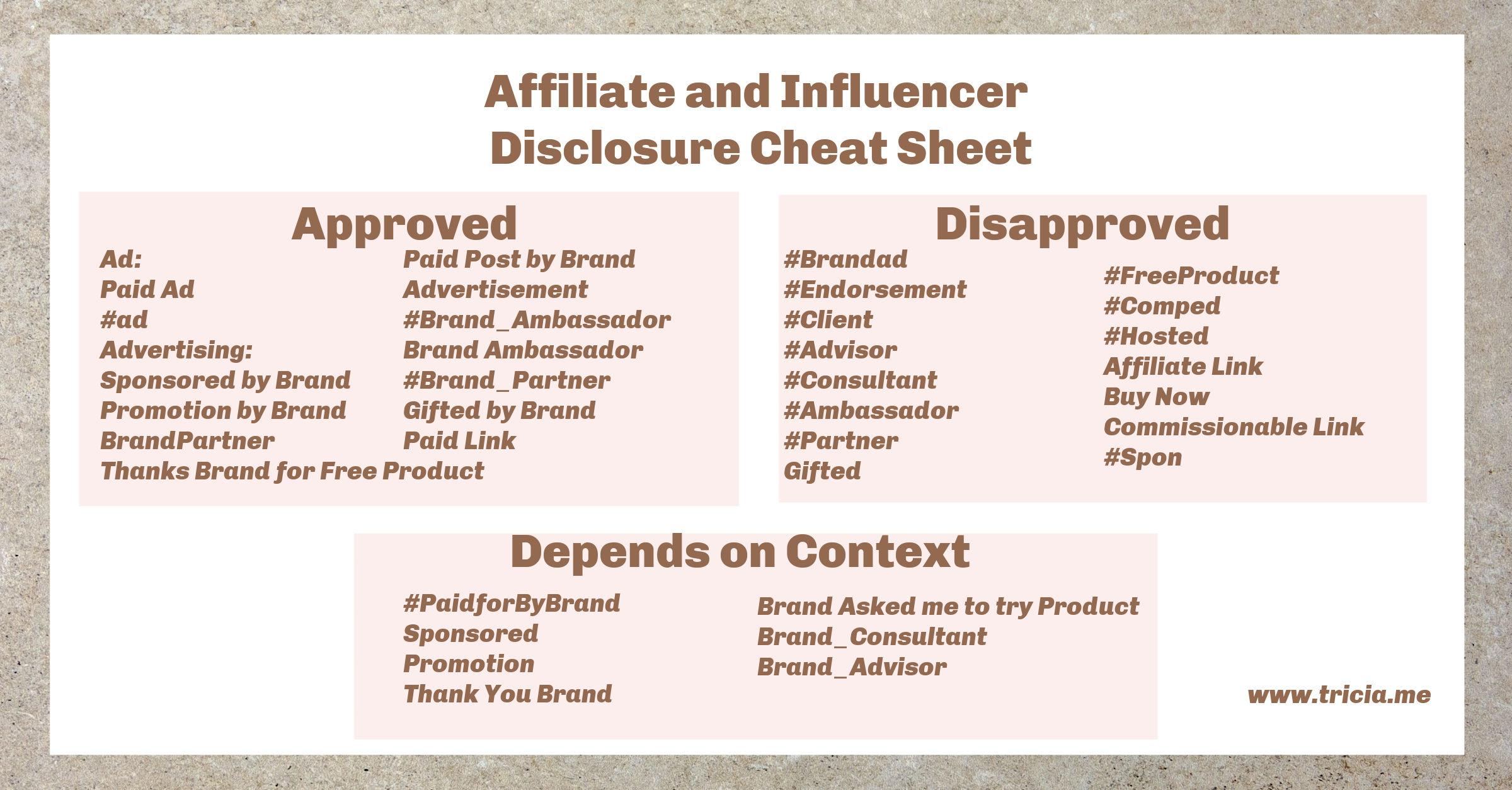
In a digital age where influence transcends traditional media, YouTube has emerged as a powerhouse platform for marketing, turning everyday creators into powerful brand ambassadors. However, beneath the surface of flashy thumbnails and engaging content lies a complex landscape of legal considerations that can bewilder even seasoned marketers. As brands increasingly turn to YouTube influencers to capture the attention of their target audiences, understanding the intricate web of laws and regulations governing this dynamic ecosystem becomes essential. In this article, we demystify the realm of influencer marketing on YouTube, exploring the legal frameworks, ethical standards, and best practices that define the industry. Whether you’re a budding influencer, a marketer seeking new avenues, or simply curious about the legalities of this evolving field, join us as we navigate the intersection of law and creativity in the world of YouTube influencer marketing.
Understanding the Legal Landscape of Influencer Marketing on YouTube
Influencer marketing on YouTube operates within a complex legal framework that influencers and brands must navigate carefully to avoid potential pitfalls. Several key regulations guide this space, including the Federal Trade Commission (FTC) guidelines, which require transparent endorsements and clear disclosure of any paid partnerships. Understanding these rules is essential for maintaining trust with audiences and compliance with the law. Brands and influencers should ensure that any sponsored content includes appropriate disclaimers, such as “Ad” or “Sponsored,” prominently displayed to inform viewers about the nature of the relationship.
Additionally,the evolving nature of copyright law presents another layer of complexity.Influencers must be mindful of the content they use, ensuring they have rights or permissions for any copyrighted material—be it music, images, or video clips. Engaging in creative collaborations can lead to misunderstandings if agreements are not clearly laid out. To aid in clarifying these aspects, a simple table summarizing key legal considerations can serve as a handy reference:
| Legal Aspect | Description |
|---|---|
| FTC Guidelines | Mandates clear disclosure of sponsored content. |
| Copyright Issues | Requires permission for the use of copyrighted material. |
| Privacy Concerns | Involves compliance with data protection laws when collecting user information. |

Essential FTC Guidelines Every influencer Should Know
understanding the Federal Trade Commission (FTC) guidelines is crucial for influencers aiming to maintain openness with their audience. The FTC emphasizes the importance of clear and conspicuous disclosure of any relationships with brands, ensuring that followers are aware when content is sponsored. Influencers should incorporate disclosures in a way that is easily noticeable, not buried in lengthy hashtags or disclaimers. Suggested practices include using terms like #ad, #sponsored, or other clear language at the beginning of the post or video. This clarity promotes trust and keeps your audience fully informed.
Moreover, influencers should be mindful of the distinction between organic and sponsored content. Regularly reviewing the guidelines can help prevent unintentional violations. Influencers must assess their partnerships carefully and consider the overall message they convey. Here are some essential points to keep in mind:
- Be Genuine: Disclose all paid partnerships and free products.
- Use Clear Language: Avoid vague terms that could confuse viewers.
- Stay Informed: The FTC updates its guidelines periodically.
.wp-block-table {
width: 100%;
border-collapse: collapse;
}.wp-block-table th, .wp-block-table td {
border: 1px solid #ddd;
padding: 8px;
}
| Disclosure Type | Recommended Usage |
|---|---|
| Text Overlay | Best for videos; place at the beginning. |
| Description Box | Always include a disclosure in the video description. |
| Spoken Disclosure | Essential for video content; mention sponsorship early on. |

Crafting Transparent Sponsorships: Best Practices for Compliance
Transparent sponsorships not only comply with legal requirements but also build trust with your audience. To ensure clarity, influencers must clearly disclose any paid partnerships or sponsored content. This can be effectively achieved by using a combination of verbal and visual cues. As an example, mentioning the sponsorship at the beginning of the video and including on-screen text such as #ad or #sponsored serves to inform viewers right away. Moreover, placing disclosures in the video description helps reinforce transparency. Consider these best practices:
- Use clear language: Phrases like “paid partnership” or “sponsored by” should be easily understood by audiences.
- Position disclosures prominently: Make sure they are noticeable, either verbally at the start or visually at key moments.
- Consistent formatting: Apply the same type of disclosures across different platforms to maintain brand consistency.
To further aid compliance, influencers can utilize the following table to summarize key points about transparency in sponsorship agreements:
| Aspect | Best Practice |
|---|---|
| Timing | Disclose sponsorship at the beginning of videos |
| Visibility | Include clear text overlays or descriptions in video content |
| Clarity | Use universally recognized tags like #ad or #sponsored |
| Education | Inform viewers about the importance of such disclosures |

Building Trust with Your Audience: The Ethical Side of Influencer Promotions
Building a trusting relationship with your audience is vital for successful influencer promotions on platforms like YouTube. As consumers become more discerning, they demand transparency regarding sponsored content. To foster this trust, influencers should always disclose their partnerships clearly and honestly. Authenticity plays a key role in this process; when audiences feel that their favorite creators are being genuine, they are more likely to support their recommendations, leading to a mutually beneficial relationship. Here’s how to enhance transparency:
- Use clear disclosures: Always include tags like #ad or #sponsored in video titles or descriptions.
- Share your experience: Discuss your honest opinions about the product and how it aligns with your values.
- Engage with your audience: Respond to comments and questions about sponsored posts to reinforce your commitment to transparency.
Moreover, ethical influencer marketing isn’t just about disclosure; it’s also about making mindful choices regarding the brands you collaborate with. Choosing to promote products that resonate with your personal brand and audience can fortify this relationship. It’s essential to align with companies whose values reflect yours and those of your audience,ensuring that the promotions feel authentic rather than forced. Below is a simple comparison of ethical considerations to keep in mind:
| Consideration | Example |
|---|---|
| Brand Alignment | Promoting eco-amiable products if you advocate for sustainability |
| Audience Trust | only endorsing products you have personally used and can vouch for |
| Quality Over Quantity | Focusing on a few partnerships that align with your brand instead of numerous low-quality promotions |
Final Thoughts
as we conclude this exploration of the intricate landscape of YouTube influencer marketing, it’s clear that the intersection of creativity and legality offers both opportunities and challenges for brands and content creators alike. Navigating the myriad regulations and ethical considerations may seem daunting, but with the right knowledge and strategy, it’s entirely manageable.
The allure of partnering with influencers on youtube is undeniable; their ability to engage and inspire vast audiences can elevate a brand’s presence in an ever-competitive market. However, as we’ve discussed, understanding the legal frameworks and best practices is essential to ensure a successful collaboration that builds trust and fosters authenticity.As you embark on your journey in this dynamic realm, remember to stay informed and adaptable. laws evolve,trends shift,and the digital landscape is anything but static. By equipping yourself with insight and awareness, you’ll not only navigate the complexities of influencer marketing but also contribute to a healthier, more transparent industry.
the key lies in balancing creativity with compliance, forging partnerships that resonate with authenticity while honoring the legalities that govern them. Here’s to your successful navigation of YouTube influencer marketing—may it inspire innovation and connection in the ever-evolving world of digital content!